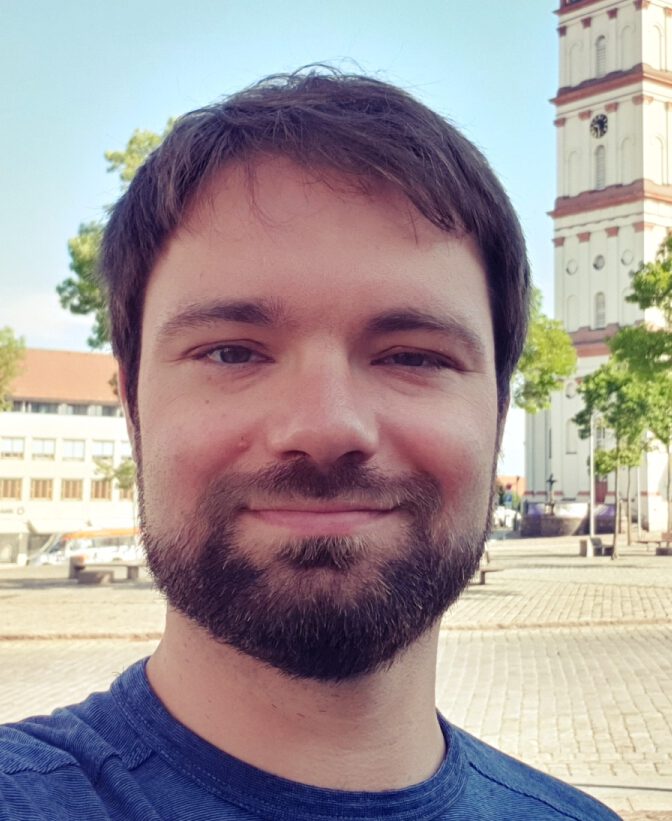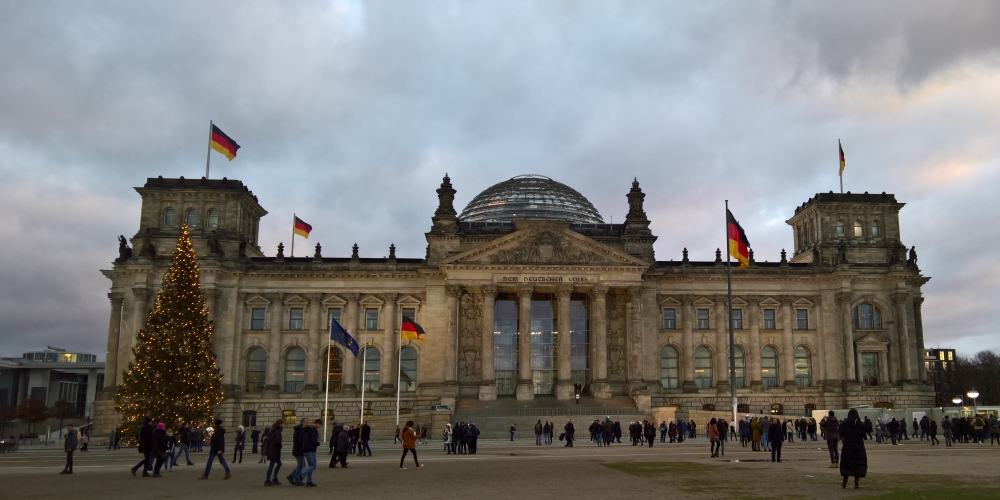Here I describe terms, what they mean and how they are used in Germany. One often reads or hears terms such as liberal, conservative, social democratic, right, left, extreme or populist. In the political discussion and in the media it is assumed that one understands them. The definition of the terms themselves is often debated and at the same time, different people often understand different things under the terms. That alone within Germany. In other countries the same terms are sometimes understood differently. All in all, I think it’s important to write about it. Even if I can only give an overview.
In this post I will write about political philosophies such as liberal, conservative, social democratic, green, nationalistic. Also deal with the simplest view of the political spectrum, the division into “left” and “right”. There are also styles, methods and characteristics: radicalism, extremism, populism. Finally, there are combinations of the terms. With it you can express what you want to designate more precisely.
political philosophies (basic ideas)
To be simple, political philosophies describe how people imagine the best way to solve problems in society. They are ideologies, that containing ideas and principles logically fit together.
Liberalism (“liberal”)
- focuses on individual freedom and rights for people (freedom over the power of the state, rulers, religions, etc.)
- The state should stay out of people’s lives as far as possible and only be responsible for a few tasks (above all security and compliance with laws)
- Each person should decide for himself about his life, but bear his own responsibility for it (e.g. if you are poor because of your own wrong decisions)
- In Germany today, liberalism is primarily associated with the economic sector. Freedom for people also means that they can operate freely. Pure economic liberalism calls for the dismantling of rules and regulations for companies so that they can develop better. The state should stay out of the economy completely so that the advantages of a free market economy can evolve. For example, public services (water supply, hospitals, schools, roads, etc.) should also work as private companies. The term “neoliberal” is used for this by the opponents of this view. “Neo”, Greek for “new”, used in a sense of a “new form”. These opponents believe that state-owned companies and organizations operate better than private companies.
Conservatism (“conservative”)
- focus is on loyalty to a community (family, religion, people, homeland, culture). This is strengthened by the individual, which strengthens the community and thus also benefits the individual member.
- a main point is the preservation of existing traditions and values
- Changes in society should happen as slowly and carefully as possible. Old values and norms should only disappear if they prove to be harmful or inappropriate. New is accepted when it is an improvement.
- outdated variant: structurally conservative (structures in the state, society, economy, religion should not change)
- modern form: conservative by values (values such as patriotism, family spirit, personal responsibility etc. should be retained)
- Is historically connected with religion, i.e. in Germany with Christianity. This connection is dissolving more and more. Most Muslims in Germany are also usually conservative.
- The view that there is no such thing as a “perfect person” and that citizens can also live traditionally, ie “unfashionably”, if they so choose. Example of a conservative view: A family of father, mother and children is seen as the normal case. Other models are accepted but should not be propagated.
… more is not translated yet. Please switch to to german version.

